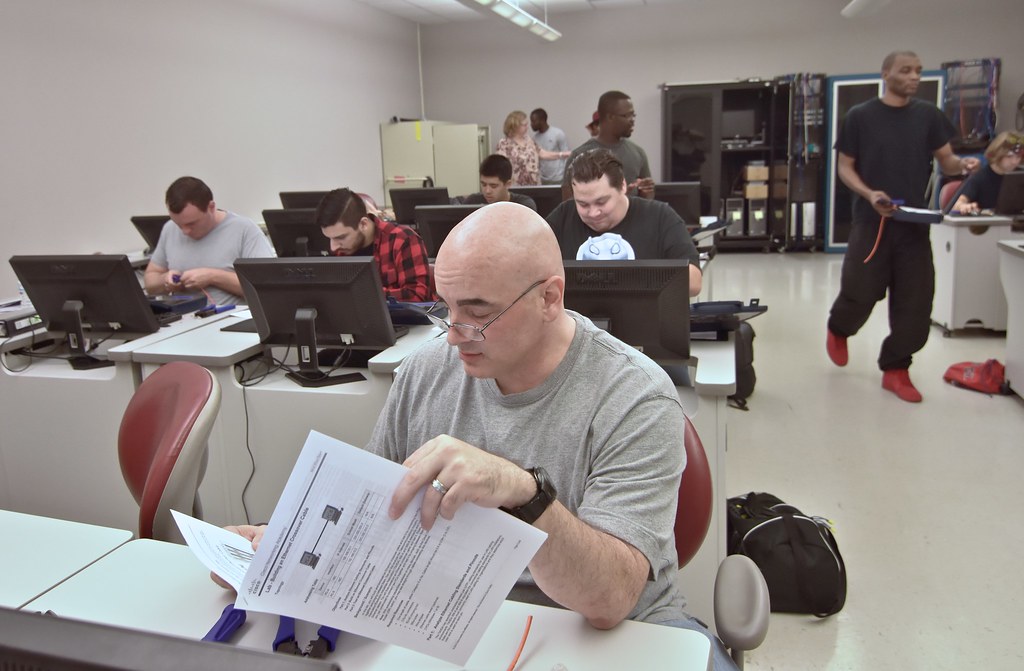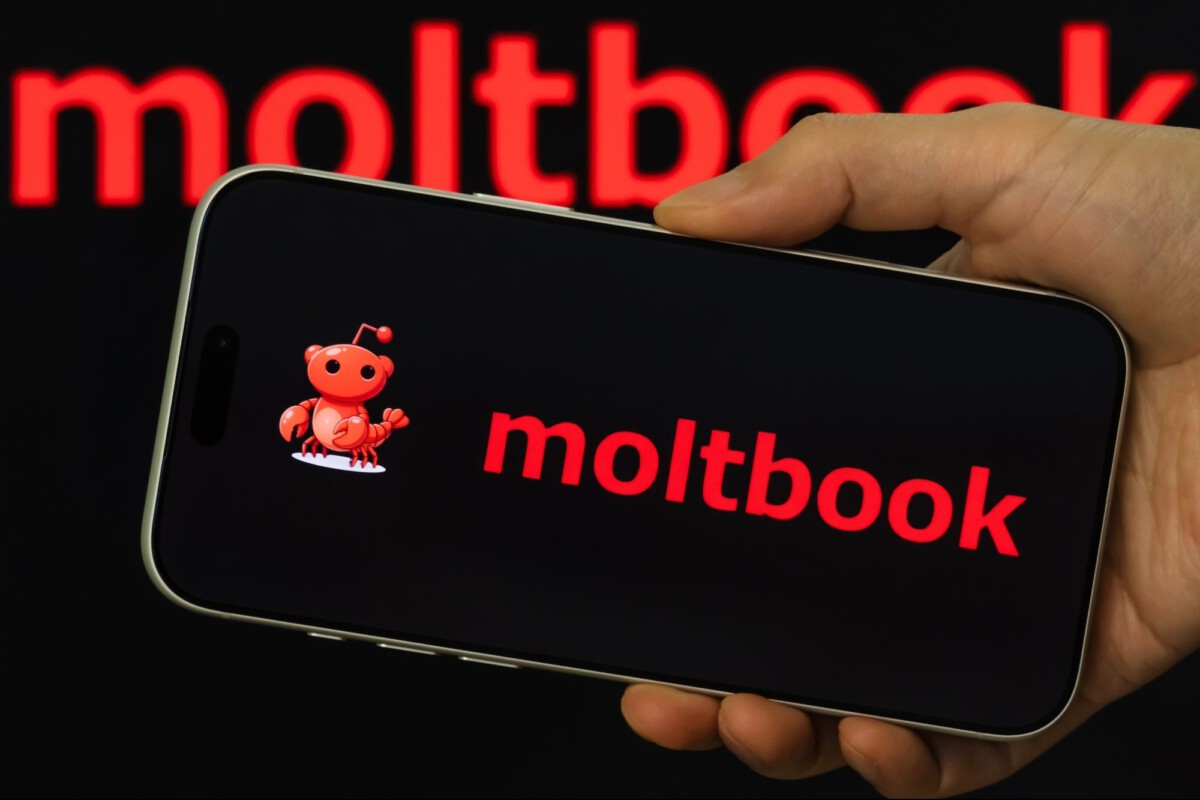Why Feedback Hits Hard – And That’s Normal (Image Credits: Unsplash)
Picture that moment in a dimly lit conference room after hours, where a single comment from your boss hangs in the air like a challenge you didn’t see coming.
Why Feedback Hits Hard – And That’s Normal
Feedback can feel like a gut punch, especially when it targets something personal like your style or approach. Science backs this up; studies show it triggers the brain’s threat centers, much like facing a real danger. No wonder we tense up or want to argue back right away.
Yet this reaction doesn’t mean you’re weak. It just proves you’re human. Recognizing that initial discomfort is the first step toward turning it into fuel for improvement. Leaders who master this end up growing faster than those who brush it off.
Cultivate a Curious Mindset
Instead of jumping to defense, pause and get curious. Treat the feedback like a puzzle piece about how others see you, not a verdict on your worth. This shift helps you spot blind spots without feeling attacked.
Remind yourself it’s one viewpoint, not the whole truth. Ask what parts might ring true for your goals. That openness invites real progress, as experts from Harvard Business Review often point out in their advice on processing critiques.
Over time, this habit builds resilience. You’ll start viewing tough talks as opportunities rather than threats.
Start with Genuine Thanks
A simple thank you can change the whole dynamic. It acknowledges the effort your manager put in, which isn’t always easy for them. Gratitude also calms your nerves and releases feel-good chemicals in your brain.
Say something like, “I appreciate you sharing that; it gives me a lot to think about.” This keeps the door open for more honest chats down the line. People are more likely to give you input when they feel valued.
Don’t fake it, though. Mean it as a bridge to better understanding. This small act often leads to stronger relationships at work.
Ask the Right Questions to Unpack It
Skip demanding proof or examples that turn it into a debate. Focus on exploring their perspective instead. Questions like “How did that come across to you?” or “What might help me adjust?” draw out useful details without confrontation.
This approach shows you’re engaged and willing to learn. It turns a one-way critique into a dialogue, helping you grasp the full picture. Fast Company articles highlight how such curiosity drives professional development.
- Probe the impact: “What effect did it have on the team?”
- Seek specifics: “Can you share when you’ve noticed this?”
- Look for solutions: “Any ideas on how to handle it differently?”
- Clarify context: “Is this tied to a particular situation?”
- Explore patterns: “Does this show up in other areas too?”
Steer Clear of Extreme Swings
Tough feedback often points to an overplayed strength, not a flaw to erase. Swinging to the opposite extreme can create new problems, like seeming inauthentic. Balance is key here.
Take optimism, for instance. If it’s seen as naive, dialing it back completely might make you come off as pessimistic. Aim for nuance instead, blending your natural positivity with a touch of realism.
Reflect on the core message. Adjust subtly to keep your authentic self while addressing the concern. This prevents backlash and supports steady growth.
Experiment with Tiny Tweaks
Big changes overwhelm; small experiments build confidence. Pick one behavior from the feedback and test a low-stakes version for a short time, like a week.
For someone told they dominate discussions, try pausing to build on others’ ideas first. Note what works and refine it. This method, echoed in leadership guides, leads to lasting habits without burnout.
Review your results regularly. Celebrate wins, no matter how minor. Over time, these tweaks reshape how colleagues perceive you.
Difficult feedback isn’t a roadblock; it’s a roadmap to sharper skills and bigger impact. The real pros lean into it, emerging stronger and more adaptable. What’s one piece of tough advice that’s stuck with you? Share in the comments below.
Key Takeaways
- View feedback as a perspective, not a personal attack, to stay open.
- Use gratitude and questions to deepen understanding and build trust.
- Make incremental experiments to turn insights into real change.








